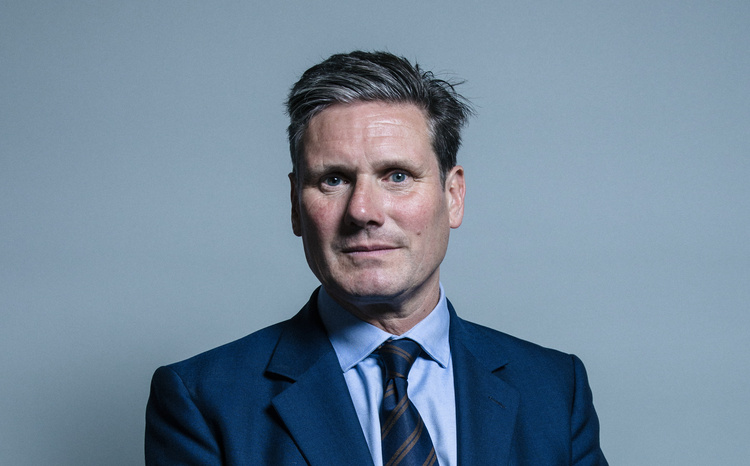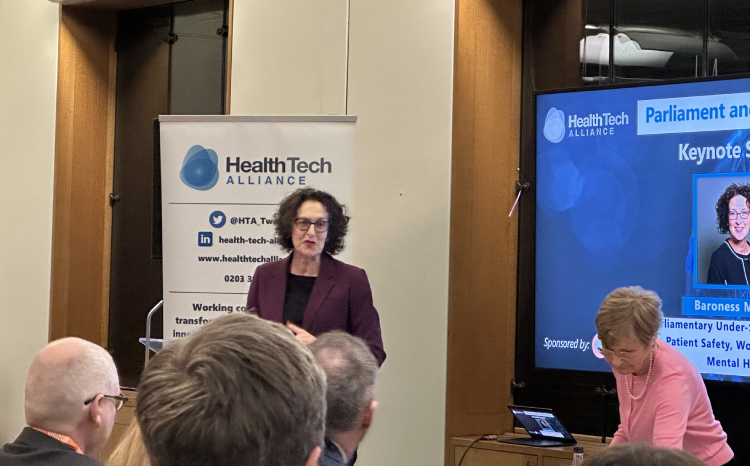Poll results reveal readers’ opinions on Hancock’s HealthTech board
- 30 November 2018

More than eight out of ten Digital Health News readers believe Matt Hancock’s HealthTech Advisory Board should include more clinicians.
The board met for the first time on 19 November and according to the Department for Health and Social Care, is intended to “help guide the government on its mission to overhaul technology and IT in health and social care”.
Clinician and academic, Dr Ben Goldacre, is chairing the board, however some have criticised the lack of practising clinicians that appear on it.
The poll was opened on Friday 23 November and 175 people took part.
Of those 175 votes, 82% believed there should be more clinicians while 18% disagreed.
Commenters have questioned whether one clinician – Goldacre – is enough, while another stressed the need for nurses on the board.
Dr Goldacre is joined by:
- Manoj Badale – Co-Founder of Blenheim Chalcot, a digital venture builder
- Nicola Blackwood – Chair of the Human Tissue Authority
- Michelle Brennan – Company group chair for Johnson & Johnson Medical Devices Companies
- Rachel Dunscombe – Chief executive of the NHS Digital Academy and director of digital for Salford Royal NHS Group
- David Gann – Professor of Innovation and Technology Management at Imperial College London
- Nicole Junkermann – Founder of NJF Holdings, an international finance and investment company
- Parker Moss – Health technology entrepreneur in residence at F-Prime and Eight Roads
- Daniel Korski – Co-founder and chief executive of PUBLIC, a venture capital firm
- Dan Sheldon – Head of digital at Well Pharmacy
- Jeni Tennison – Chief executive of the Open Data Institute
- Roger Taylor – Chair of Centre for Data Ethics and Innovation
- Sir Mark Walport – Chief executive of UK Research and Innovation (UKRI)





4 Comments
As per another ‘conversation’ in Digital Health, there needs to be patient and GP representation on almost any group dealing with NHS matters. They live in the ‘trenches’ and know the issues first hand. Throwing tons of technology at problems which aren’t properly defined doesn’t work, and never has done in my near half century in and around IT (and being treated by the NHS). Treatment aside, what I see as wrong in NHS are the communications processes before, during an after the treatment. I can give examples, some trivial but indicative, others blood-curdling.
It would be nice to have some patients on the board, particularly aged patients – but not too senile. The most useful patients would be retired clinicians. I say this because I met one – a professor, no less – who had recently retired and become a patient with a long term condition. He admitted that he was seeing the NHS and the medical profession in a wholly different light!
Another promising category of members of Hancock’s Board would be geriatric patients who have spent their life in the IT industry. They would be able to point out, with authority, the elementary mistakes that the current IT “leaders” continually make.
I suppose it depends what this group is actually for. The membership seems designed for the sort of “blue-sky thinking” that makes headlines, but is of no use to us who are actually involved in delivering healthcare technology.
Hancock, I’m sure, will be able to deploy this group to point out all the things we *should* be doing, while ignoring the inadequate funding, broken supplier market and lack of technical leadership on (many) Trust Boards.
Hancock will probably use Babylon!
https://news.sky.com/story/health-minister-denies-endorsing-private-healthcare-app-11567555
Comments are closed.